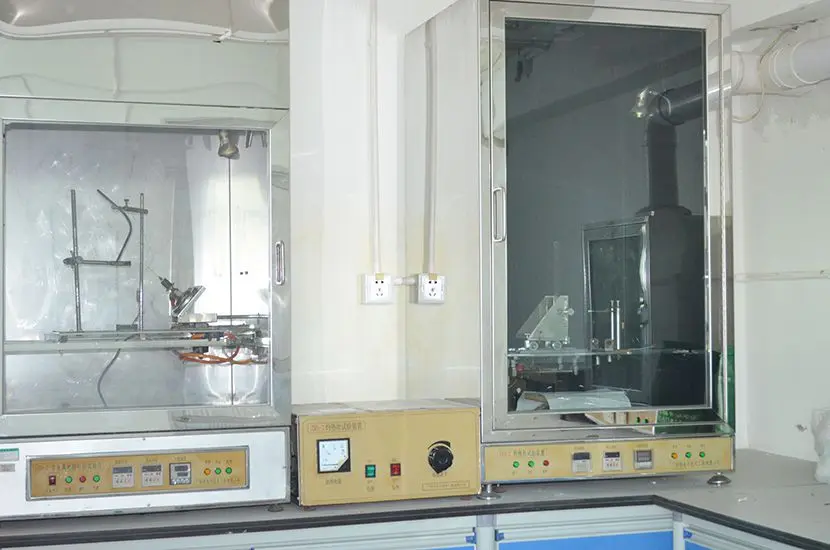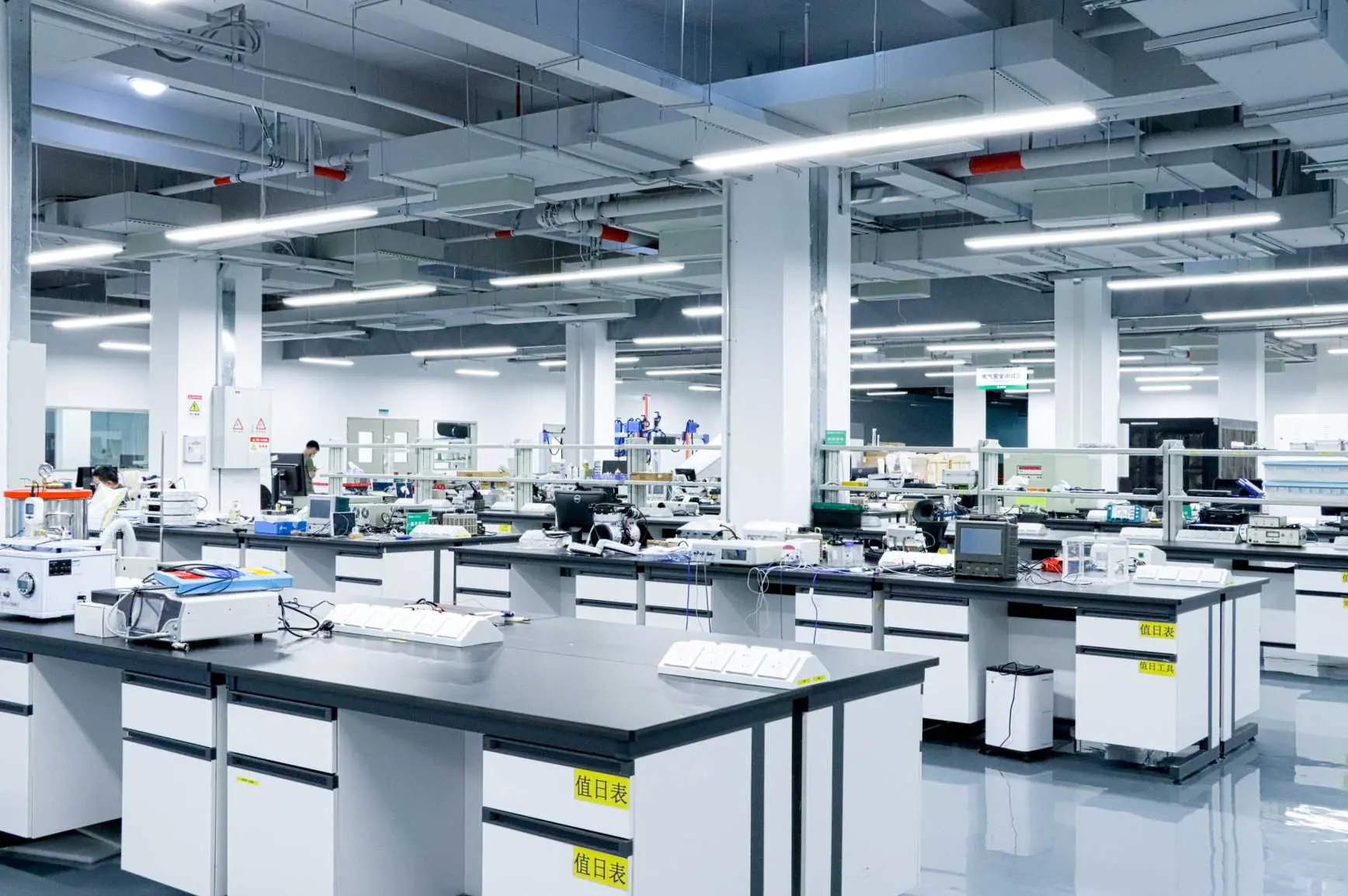
How to Get an EN 60335 Test Report?
IEC EN 60335 is an international standard developed by the International Electrotechnical Commission (IEC) that specifies safety performance requirements for household and similar electrical appliances to ensure safe use and operation. It covers a wide range of appliances, including but not limited to air conditioners, refrigerators, ovens, water heaters, washing machines, and electric irons.
Products Requiring IEC 60335 Testing
The scope of products requiring IEC 60335 testing is extensive, including but not limited to:
- Household appliances: washing machines, refrigerators, ovens, induction cooktops, etc.
- Office equipment: printers, photocopiers, computers, etc.
- Power tools, lighting equipment, and others.
The specific products requiring testing depend on their functionality and application.
Key Testing Requirements of IEC 60335
The IEC 60335 standard focuses on the following aspects of product safety testing:
1. Electrical Safety Testing:
- Insulation resistance testing.
- Electric strength testing.
- Grounding continuity testing.
2. Mechanical Safety Testing:
- Mechanical strength.
- Stability and structural safety to prevent damage or accidents during normal use.
3. High-Temperature Testing:
- Evaluating the appliance's tolerance to high-temperature conditions to ensure stable operation under normal working temperatures.
4. Protection Testing:
- Water resistance.
- Fire resistance to prevent accidents caused by such factors.
5. Chemical and Physical Safety Testing:
- Testing material properties like heat resistance, corrosion resistance, etc., to ensure materials are safe for humans and the environment.
To comply with IEC 60335, products must pass relevant tests, meet the requirements, and obtain certification or compliance marks. The specific testing and certification processes should be planned based on the product’s requirements.
Global Certifications for Household Appliances
Products complying with IEC 60335 may also require additional certifications for global markets, such as:
1. CE certification:
- Required for products sold in the European Economic Area (EEA), indicating compliance with European safety, health, and environmental requirements.
2. UL certification:
- Common in the U.S., ensuring safety, performance, and reliability for appliances and electronic devices.
3. FCC Certification:
- Conducted by the U.S. Federal Communications Commission, focusing on radio spectrum and electromagnetic compatibility for electronic devices.
4. cb certification:
- Part of the IEC Certification Bodies Scheme, covering the safety of electrical, electronic, and related products.
5. SASO Certification:
- For products sold in Saudi Arabia, ensuring compliance with Saudi safety, quality, and energy efficiency standards.
6. CCC Certification:
- Mandatory for many electronic and electrical products sold in China, indicating compliance with safety standards.
- Required in Japan, ensuring electrical appliances and devices meet Japanese safety regulations.
- Mandatory in Australia, ensuring compliance with Australian safety and electrical standards.
These certifications are examples of global requirements for household appliances. Specific requirements may vary by country or region. For accurate and up-to-date information about certifications for specific markets, it is recommended to consult a professional certification body like China JJR Laboratory.
Email:hello@jjrlab.com
Write your message here and send it to us
 Most Reliable Medical Device Test Lab
Most Reliable Medical Device Test Lab
 How to Obtain a Cosmetic Product Safety Report
How to Obtain a Cosmetic Product Safety Report
 US and EU Cosmetics Compliance
US and EU Cosmetics Compliance
 How to Obtain SDS Sheets Certification
How to Obtain SDS Sheets Certification
 Personal Care Products MSDS
Personal Care Products MSDS
 Approval for UL 1727 Introduction
Approval for UL 1727 Introduction
 Candle Label Requirements United States
Candle Label Requirements United States
 Laser Product Qualification Consultants
Laser Product Qualification Consultants
Leave us a message
24-hour online customer service at any time to respond, so that you worry!




